# gstindia
12 posts in `gstindia` tag
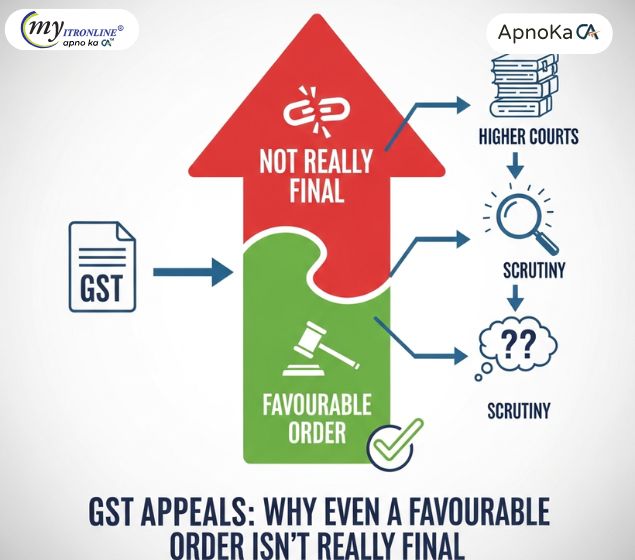
GST Appeals: Why Even a Favourable Order Isn't Really Final
A detailed summary explaining that winning a GST case at the initial level (adjudicating authority) does not guarantee finality, as the Tax Department holds the power to file an appeal under Section 107. The post outlines the multi stage appellate process (Appellate Authority, GSTAT, High Court, Supreme Court), the financial impact on businesses due to tied-up cash (pre-deposit requirements), and practical steps for taxpayers to manage this uncertainty.
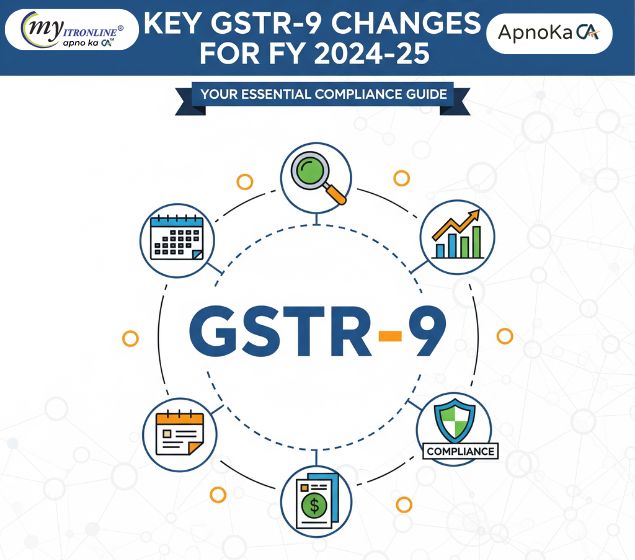
Key GSTR-9 Changes for FY 2024-25: Your Essential Compliance Guide
The GST landscape for FY 2024-25 sees major updates to GSTR-9 and GSTR-9C. This guide breaks down the structural changes, like the new Table 6A1 for prior-year ITC, revised deadlines, and enhanced reconciliation requirements, ensuring taxpayers stay compliant and avoid late fees.
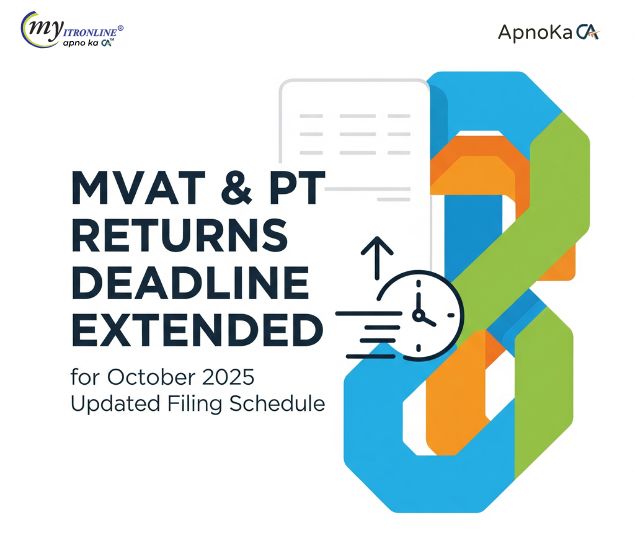
MVAT & PT Returns Deadline Extended for October 2025 Updated Filing Schedule
The Maharashtra government has extended the deadlines for filing MVAT and Professional Tax returns for October 2025. Payment due dates remain unchanged, and interest applies if taxes are paid late. Taxpayers now have additional time to file returns correctly and avoid late fees. This update helps businesses manage compliance efficiently and avoid penalties by following the revised dates.
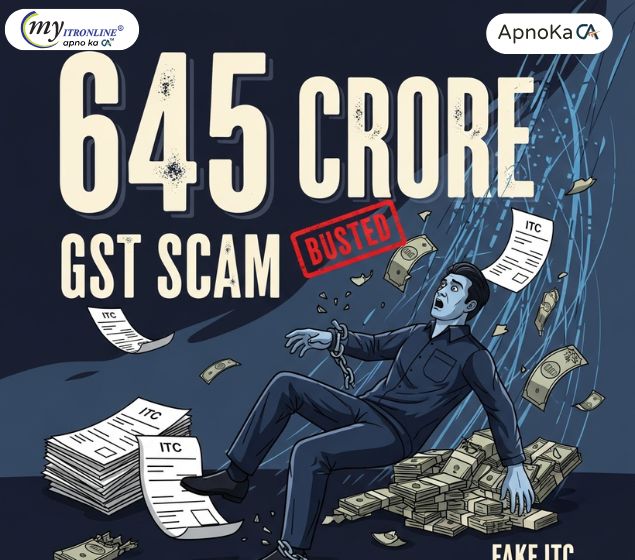
645 Crore GST Scam Busted: The Fall of the Fake ITC Mastermind
The Directorate General of GST Intelligence (DGGI) has uncovered a massive 645 crore fake Input Tax Credit scam. Mastermind Mukesh Sharma created 229 dummy companies to issue fraudulent invoices without actual supply. His arrest under the CGST Act highlights the growing crackdown on GST fraud and its implications for honest businesses.
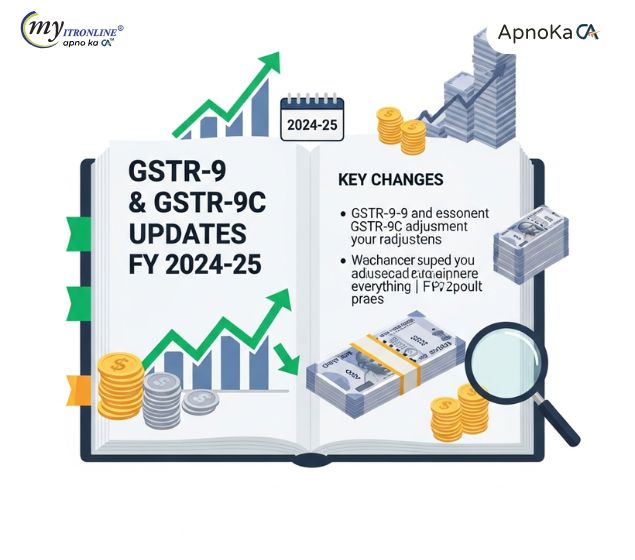
Key Changes in GSTR-9 and GSTR-9C for FY 2024-25: Everything You Should Know
The GST portal has opened GSTR-9 and GSTR-9C for FY 2024-25 with a filing deadline of December 31, 2025. This guide explains the key changes in both forms, filing thresholds, auto-population details, and practical tips to file on time and avoid penalties—written in clear, simple language.
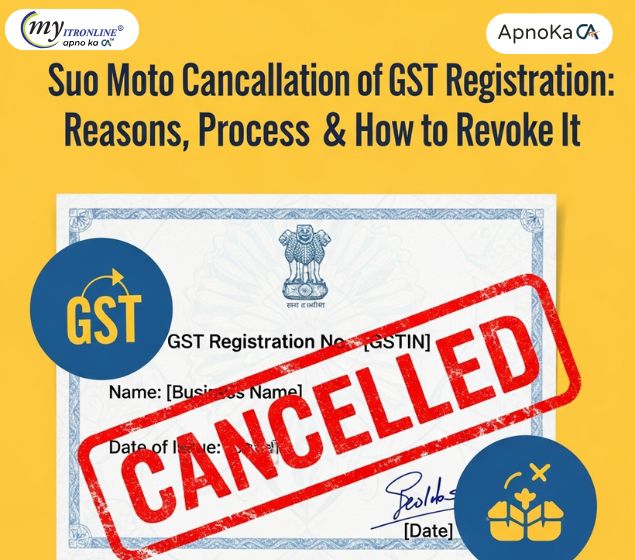
Suo Moto Cancellation of GST Registration: Reasons, Process & How to Revoke It
This blog explains what Suo Moto cancellation of GST registration means, why it happens, and how businesses can respond and apply for revocation. It includes the reasons, forms, timelines, and tips to stay compliant.

Supreme Court Backs Genuine Buyers: No ITC Denial for Seller’s Default
The Supreme Court has ruled that genuine buyers cannot be denied Input Tax Credit just because the seller failed to deposit tax or lost registration. This landmark decision under DVAT sets a strong precedent for GST cases too, ensuring fairness and protecting honest taxpayers.
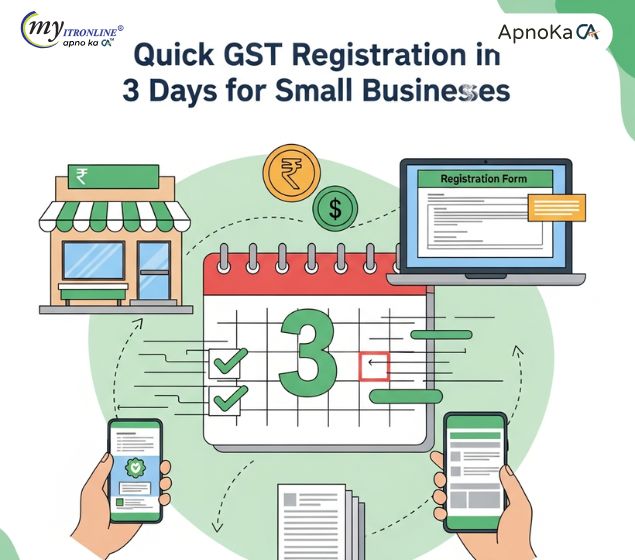
Quick GST Registration in 3 Days for Small Businesses
The GST portal has launched a faster registration process for low-risk taxpayers. With Aadhaar authentication and proper document upload, eligible applicants can now get GST registration within 3 working days.
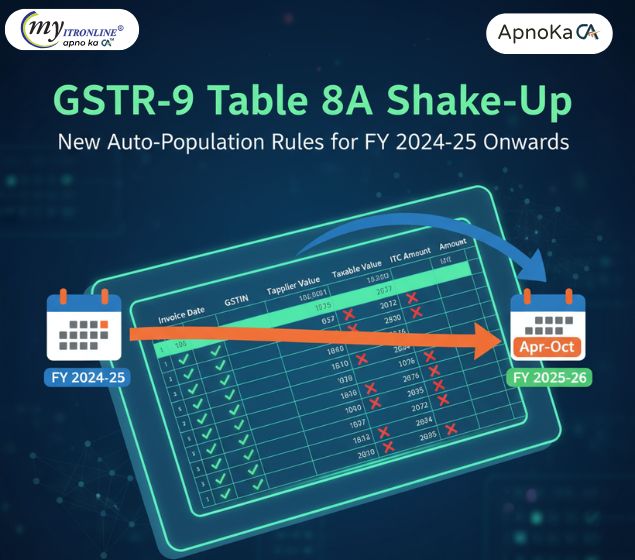
GSTR-9 Table 8A Shake-Up: New Auto-Population Rules for FY 2024-25
GSTN has changed how Table 8A in GSTR-9 is auto-filled. Starting FY 2024-25, it will include invoices from both the current and next financial year, making ITC reconciliation more accurate. Learn what’s included, what’s excluded, and how to prepare.
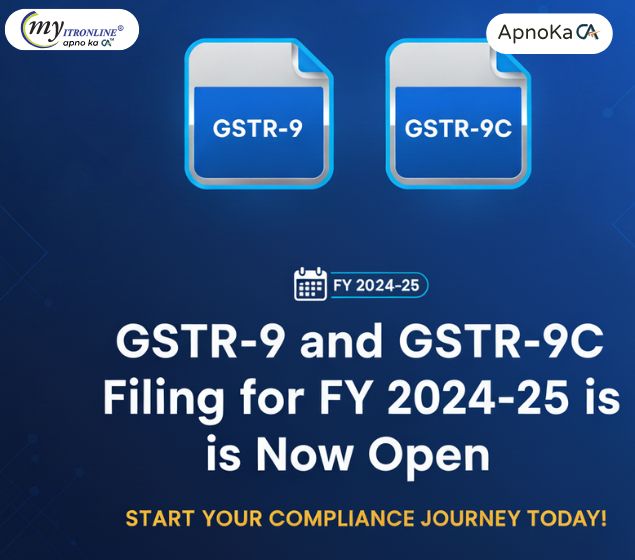
GSTR-9 and GSTR-9C Filing for FY 2024-25 is Now Open
The GST portal has enabled GSTR-9 and GSTR-9C forms for FY 2024-25 starting October 12, 2025. Taxpayers can now file their annual returns and reconciliation statements before the December 31 deadline. Learn who needs to file and how to prepare.
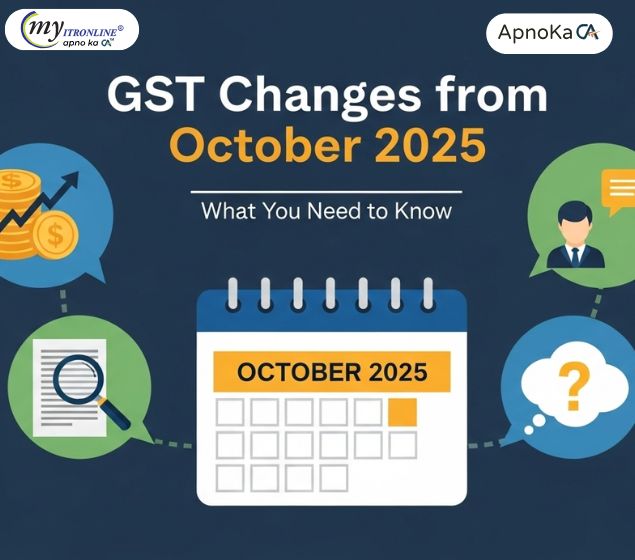
GST Changes from October 2025: What You Need to Know
Starting October 2025, the GST system will undergo major changes affecting how businesses file returns and claim input tax credit. Key updates include manual ITC acceptance, locked GSTR-3B liabilities, new credit note rules, and invoice-level TDS reporting. Businesses must adapt to stay compliant and avoid filing issues.

CBIC Announces 90% Quick Refund for Businesses A Major Relief
The CBIC has rolled out a provisional refund mechanism allowing eligible businesses to receive 90% of their GST refunds upfront from October 1, 2025. This move targets industries facing cash flow issues due to inverted duty structures and aims to accelerate business operations and growth.
